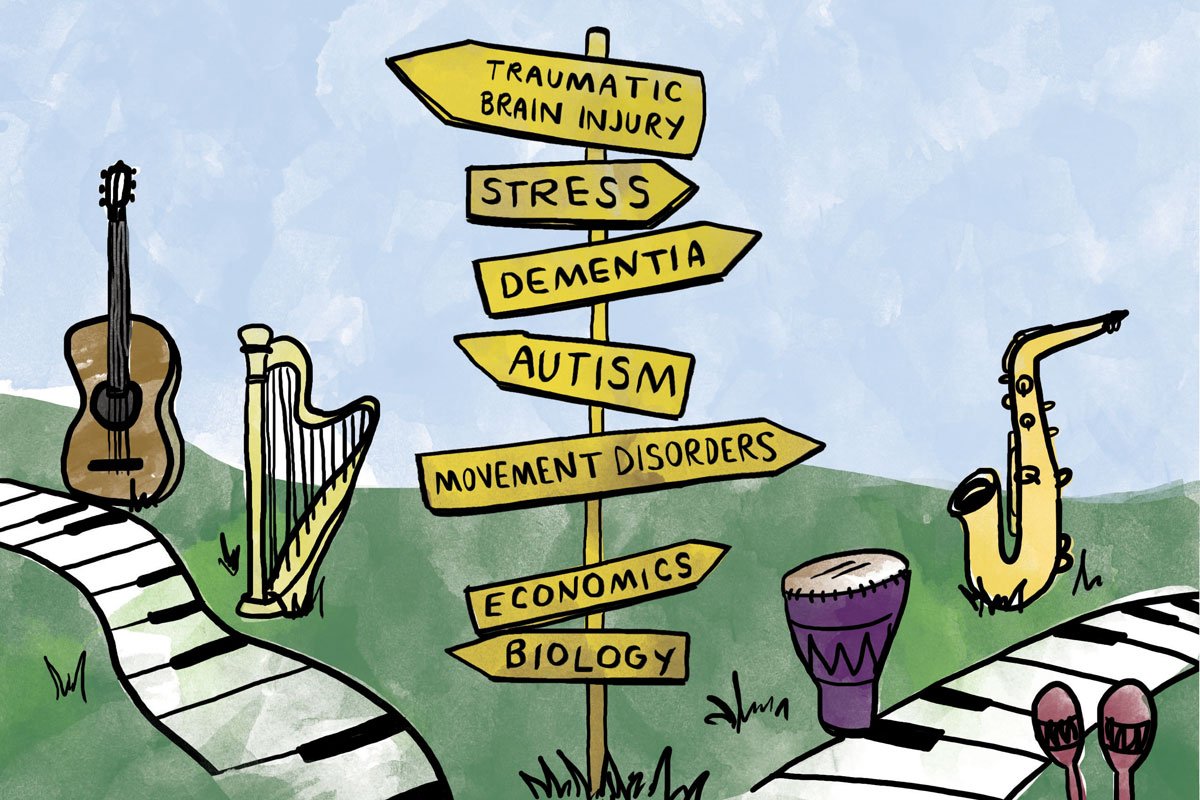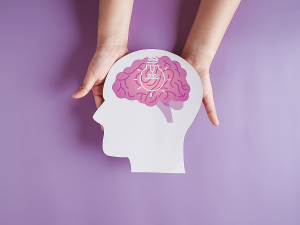The Healing Harmony: Exploring the Impact of Music Therapy on Individuals with Dementia in Disability Care

Dementia is a challenging condition that can be taxing not just for the individual living with it but also for their loved ones. In recent years, music therapy has emerged as an effective method to manage the symptoms of dementia. It has been found that music stimulates the brain’s memory centers, triggers emotions, and helps individuals with dementia become more relaxed and social. In this blog post, we’ll explore the impact on individuals with dementia in disability care.
1. Music Therapy and Memory Improvement
According to research, music activates the hippocampus – the region of the brain associated with memory – and this stimulation may be helpful in managing the symptoms of dementia. It has been found to be particularly effective in those living with Alzheimer’s disease, another form of dementia. Music can re-ignite memories, and people with dementia can recall past events and connect with people and places that were once meaningful to them.
2. Emotional Regulation
Dementia can lead to agitation, anxiety, and isolation in individuals. Music therapy can help to regulate emotions and mood, and can also increase social interaction. It can be used to improve communication and increase positive social interaction with peers, family, and caregivers. Furthermore, it can provide a way to express and communicate feelings when words fail.
3. Stress Reduction
Music therapy is a non-pharmacological treatment, and it is safe and well-tolerated. People with dementia often experience stress, frustration, and agitation when they cannot communicate effectively. It can provide a relaxing and calming environment, which encourages relaxation and reduces heart rate, pulse and other physical symptoms of stress.
4. Music Therapy and Quality of Life
Music therapy can improve the quality of life for individuals with dementia by reducing negative symptoms, increasing positive symptoms (such as communication and social interaction), and increasing overall life satisfaction. Studies have shown that it can reduce the severity of symptoms and increase overall involvement in activities.
5. Caregiver Burnout
Caring for individuals with dementia can be straining on family members and caregivers. Music therapy can also benefit caregivers, providing a new skillset and the ability to connect with their loved one in a unique way. It can help equip them with the skills needed to manage challenging behaviour and develop a deeper level of compassion for individuals with dementia.
Conclusion:
Music therapy is a promising non-pharmacological treatment for individuals with dementia. It has been shown to have positive effects on regulating emotions, memory, social behavior, stress reduction, and overall life satisfaction. As we have learned, music therapy can benefit individuals with dementia as well as their caregivers. By leveraging the power of music, individuals with dementia can lead fulfilling and meaningful lives. We encourage you to consider incorporating it as a complementary treatment for dementia, as this has the potential to drastically improve the quality of life for everyone involved.
Book a free Consultation with us today!
Mobile : 1800960068
Email : contactus@iseeksupport.au









